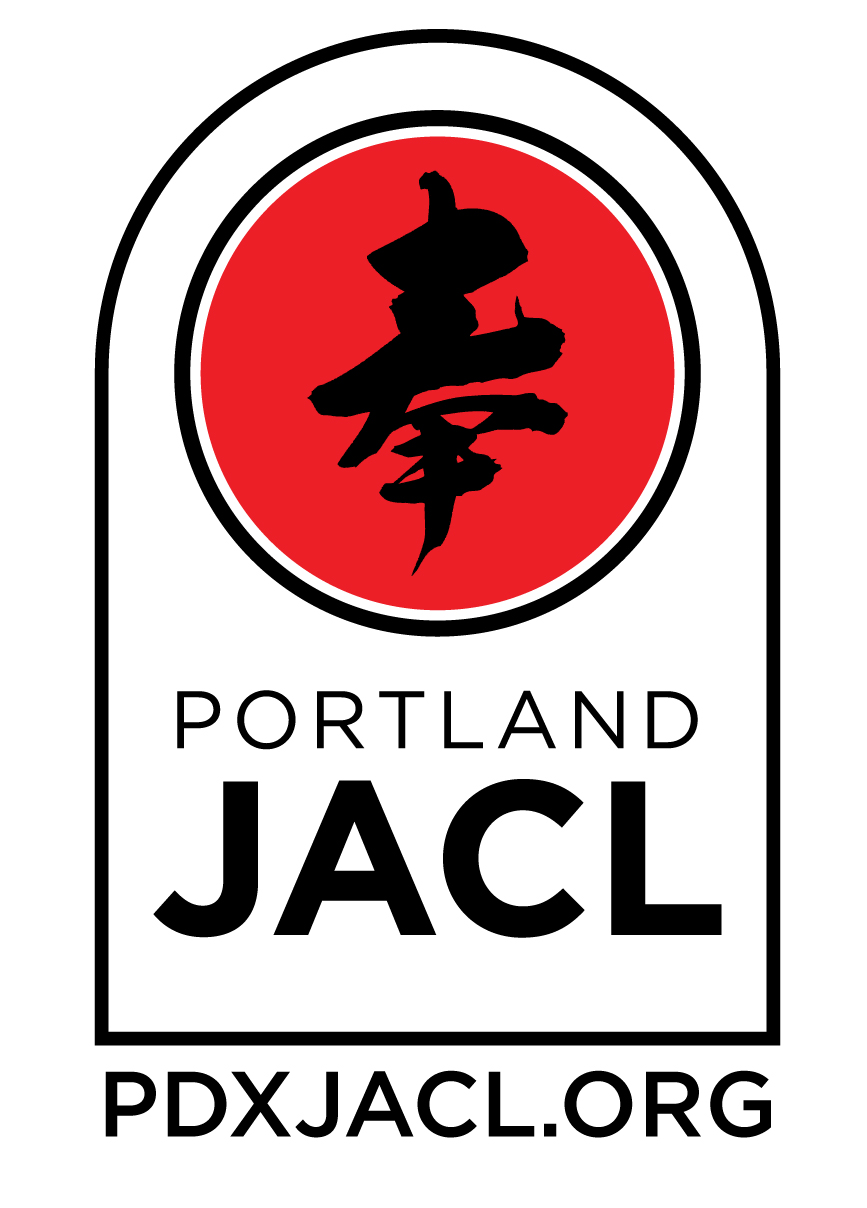By Amanda Shannahan
With the Fourth of July right around the corner, I?ve been reflecting on what it means to be an American. In the more recent years, I?ve felt conflicted about celebrating the 4th and I know I?m not alone. For many, the Fourth of July symbolizes some of the very ugly truths about the foundation of our country and the ongoing legacy of white supremacy in the United States.
Many Black people were still enslaved when the Declaration of Independence was signed. How can we celebrate our freedom as a nation on a day when we were not all truly free?
Who Gets to Be an American Like many other practices and policies in the United States, the Fourth of July reinforces who gets to be an ?American?. It suggests to us who is worthy of and who is excluded from the freedoms and justices that are, supposedly, a birthright in this country. It is part of the marginalization that takes place on a daily basis in the United States that tells us who fits in and who is an ?Other?.
I remember being a participant in an equity training several years back. The facilitator asked us to close our eyes and imagine an ?American?. When we opened our eyes, many of us described a similar person: a white, cisgender, straight and able-bodied man. The facilitator encouraged us to explore the messages we?d received- through movies and television, representation in leadership, whose stories were told in classrooms, etc.- that had shaped how we viewed ourselves and others. The same messages that had constructed my idea of who is an ?American?, also painted Asian Americans as ?perpetual foreigners?, suggested the inferiority of Black and Brown people, and made invisible Native Americans.
These messages can impact our sense of self, how we relate with other people, and further cause harm by normalizing the inequities that are produced by racist and oppressive policies.
How We Resist
Messages that other and dehumanize are all around us, but we also get a say in our own narratives. We get to choose what and how we celebrate. While long overdue, Juneteenth is now a recognized federal holiday thanks to decades of organizing and advocacy by Black leaders and activists in the Juneteenth movement. Even before it was established as a federal holiday, though, people honored the day through local celebrations.
This summer, there will be more opportunities to celebrate our community and culture, like Obon and the annual Nikkei community picnic. When we build community and honor our traditions, we are claiming our space and our right to exist and to thrive. It is through these small acts of resistance that we can help create a United States in which we are all included and belong. And that, to me, is something worth celebrating.
